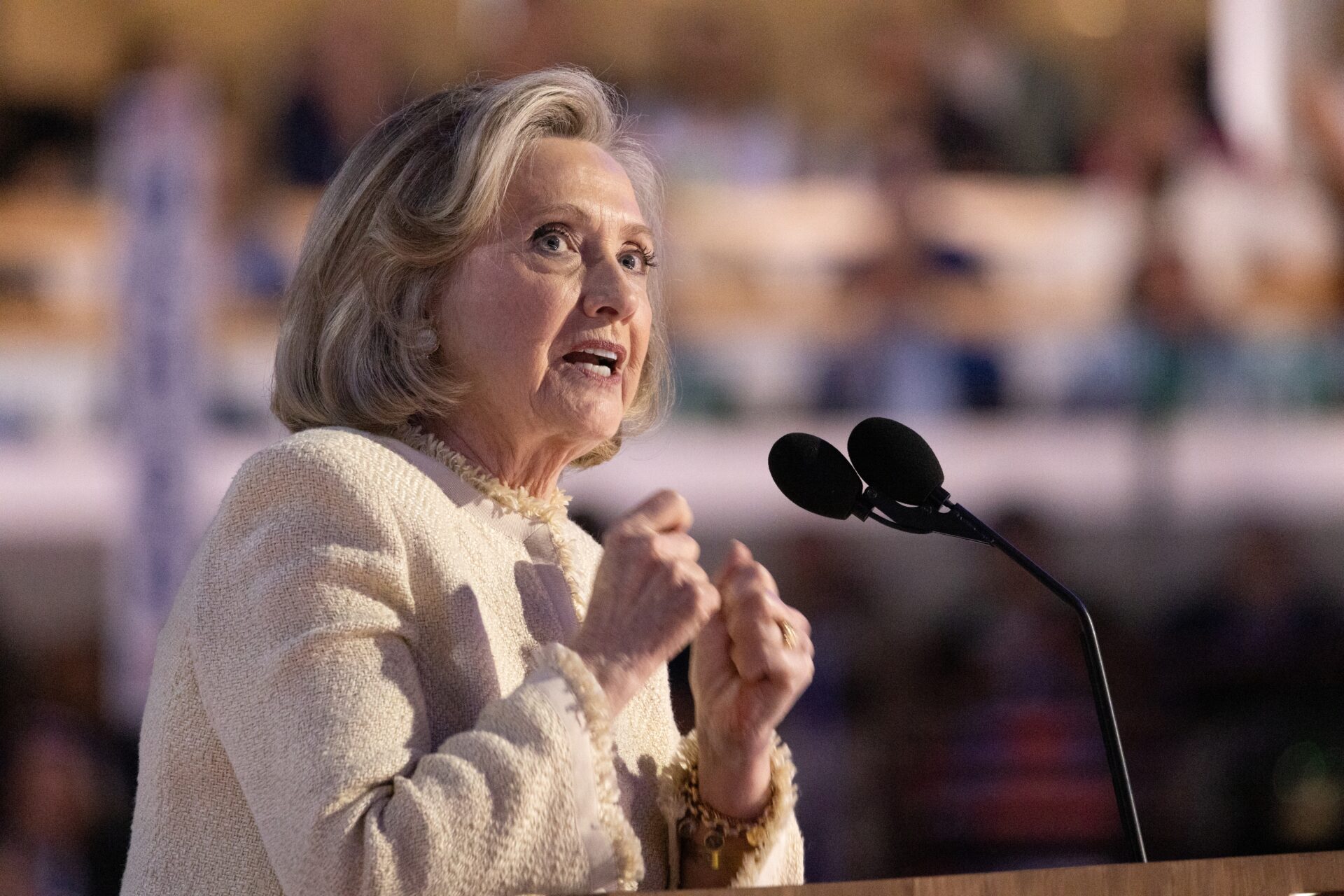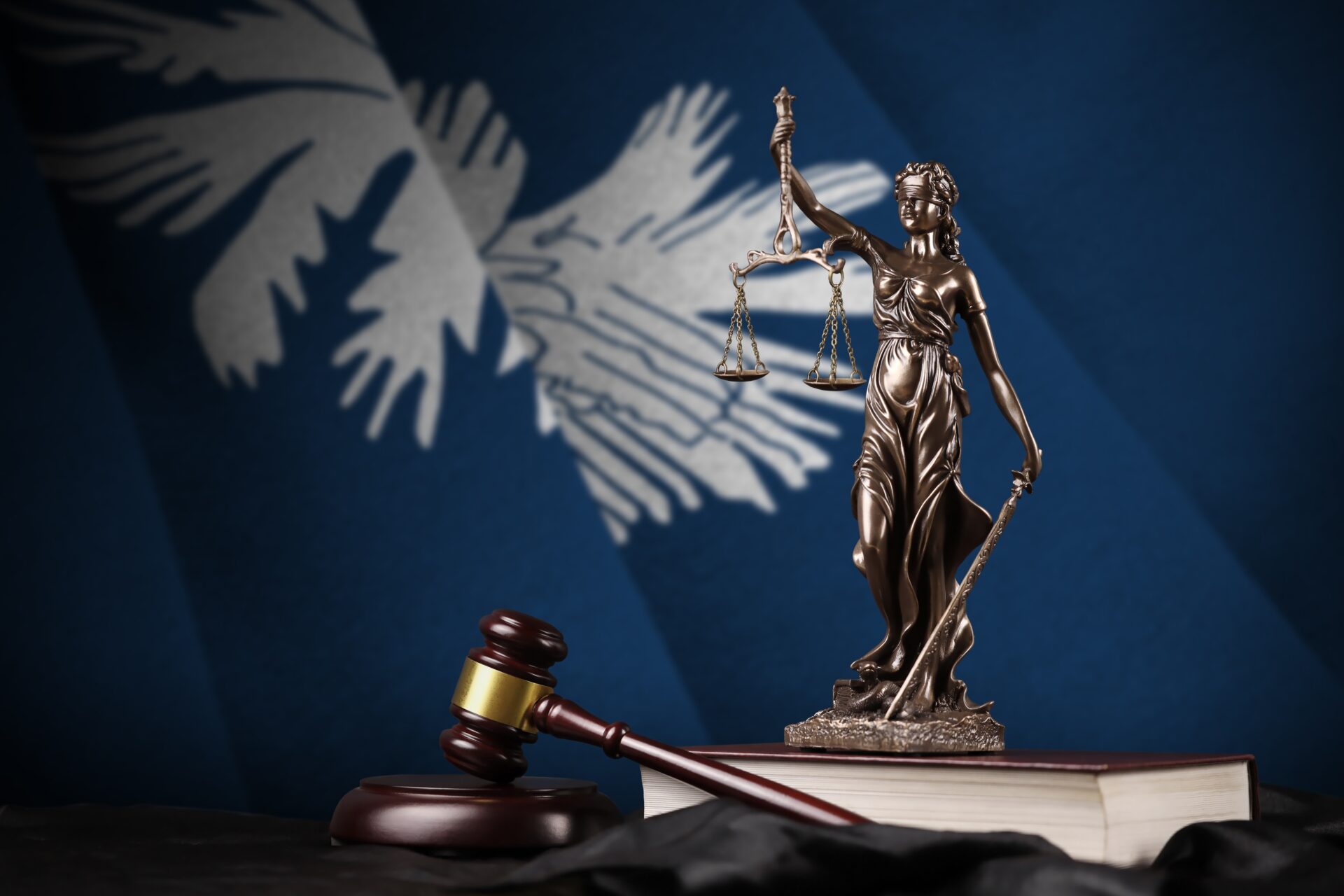
Did FBI IGNORE Key Evidence?
Newly declassified documents show the FBI failed to review key evidence in its probe of Hillary Clinton’s private email server, sparking Congressional demands for accountability and oversight reforms.
At a Glance
- A July 2025 DOJ Inspector General report revealed lapses in the FBI’s Clinton email investigation
- Certain digital storage devices with potential evidence were left unreviewed
- Senators Grassley and Johnson demand a reassessment of the investigation
- Lawmakers divided over claims of preferential treatment for Clinton
- Debate over FBI transparency and institutional reform intensifies
FBI’s Investigative Oversight Exposed
The July 2025 release of declassified documents, including what investigators dubbed the “Clinton annex,” revealed that the FBI failed to fully examine all evidence during its 2016 probe into Hillary Clinton’s private email server. The Department of Justice Inspector General’s report confirmed that some digital storage devices potentially containing classified or sensitive material were never reviewed.
Watch now: FBI didn’t review sensitive materials in Clinton email probe · YouTube
The disclosure has renewed debate over the FBI’s impartiality in politically sensitive cases. Senators Chuck Grassley (R-IA) and Ron Johnson (R-WI) have demanded that the bureau reassess its handling of the matter to ensure no evidence was overlooked. The push reflects a broader call in Congress for stronger accountability measures across federal agencies.
Political and Institutional Repercussions
The revelations have sharpened political divisions in Washington. Several Republican lawmakers, including Rep. Jim Jordan (R-OH) and Sen. Lindsey Graham (R-SC), argue that Clinton received preferential treatment, pointing to the FBI’s incomplete evidence review as proof of systemic bias. Democrats counter that the investigation was comprehensive and that the findings do not change the overall conclusions.
This dispute has intensified concerns about public trust in both the FBI and the Department of Justice. The controversy has become part of a larger conversation about institutional transparency, with some lawmakers pushing for reforms to ensure that future investigations meet higher standards of evidence review and impartiality.
Implications for Future Investigations
Beyond immediate political fallout, the Clinton case is being cited as a cautionary example for handling sensitive government inquiries. Legal experts such as Benjamin Wittes of the Brookings Institution and former DOJ Inspector General Michael Bromwich argue that the episode underscores the need for stronger oversight mechanisms. They emphasize balancing the FBI’s investigative independence with effective checks to prevent lapses in judgment or process.
The controversy may also influence government data security protocols, particularly regarding how officials store and transmit sensitive communications. Additionally, future political campaigns could face tighter scrutiny to prevent similar controversies from arising. Congressional leaders and oversight bodies now face the challenge of addressing both the procedural shortcomings revealed by the Clinton probe and the broader question of how to ensure accountability in politically charged investigations.
Sources
Reuters
Associated Press
Politico
Brookings Institution
House Intelligence Committee


